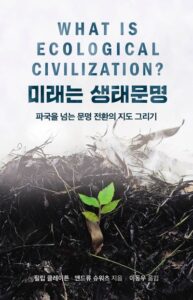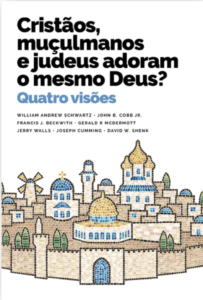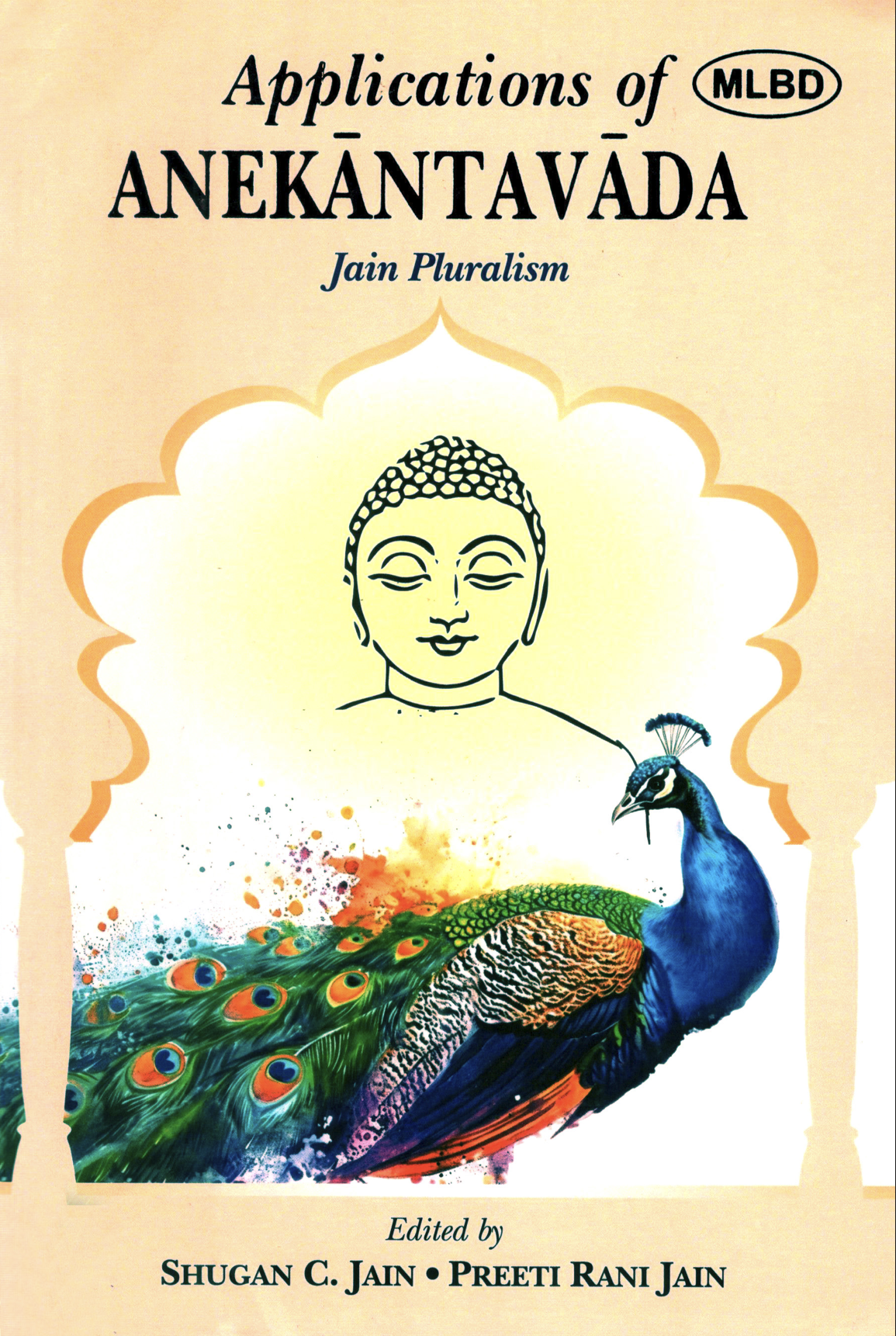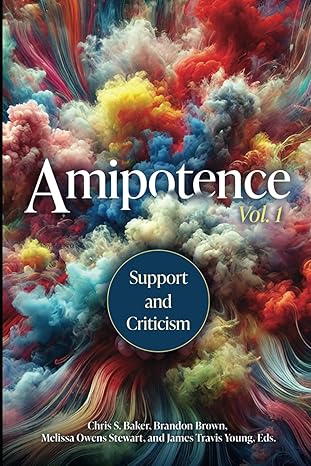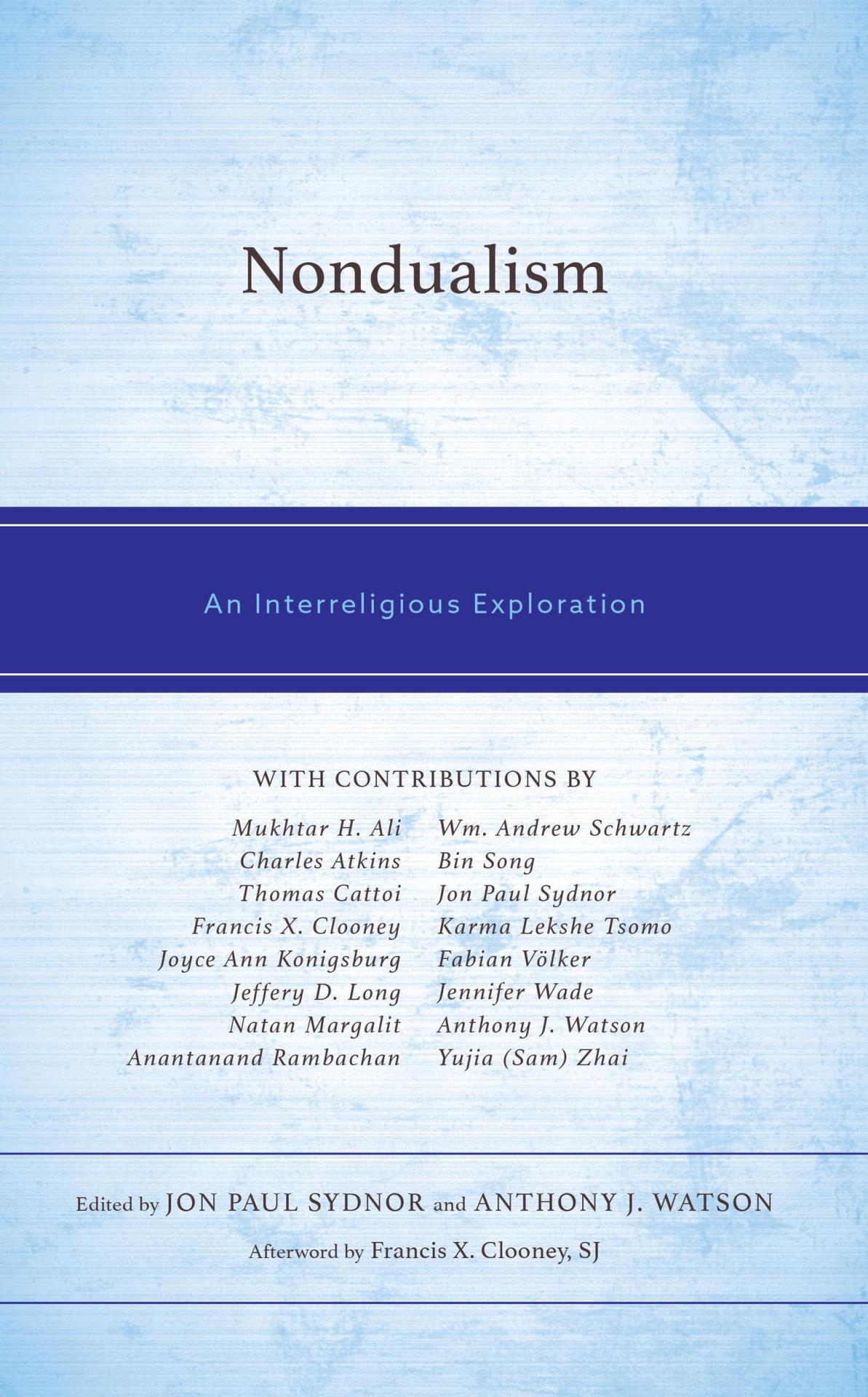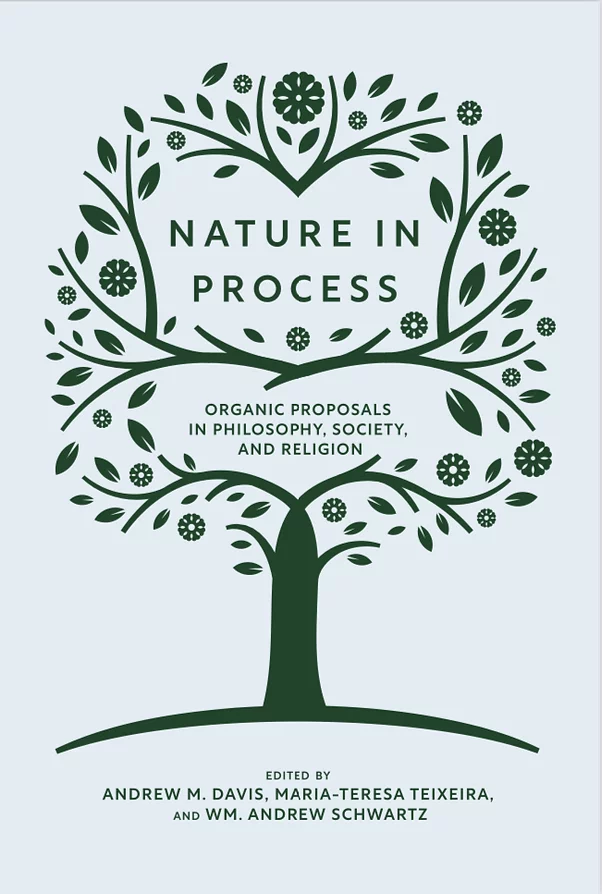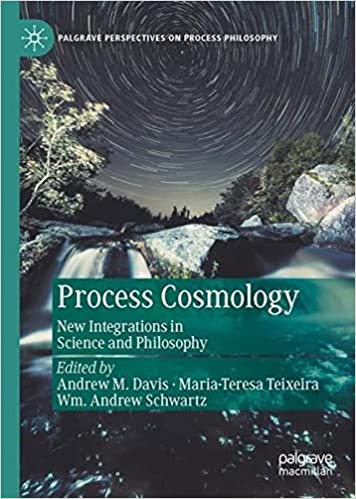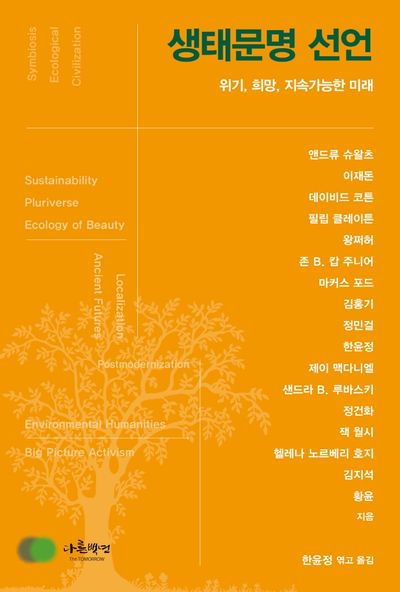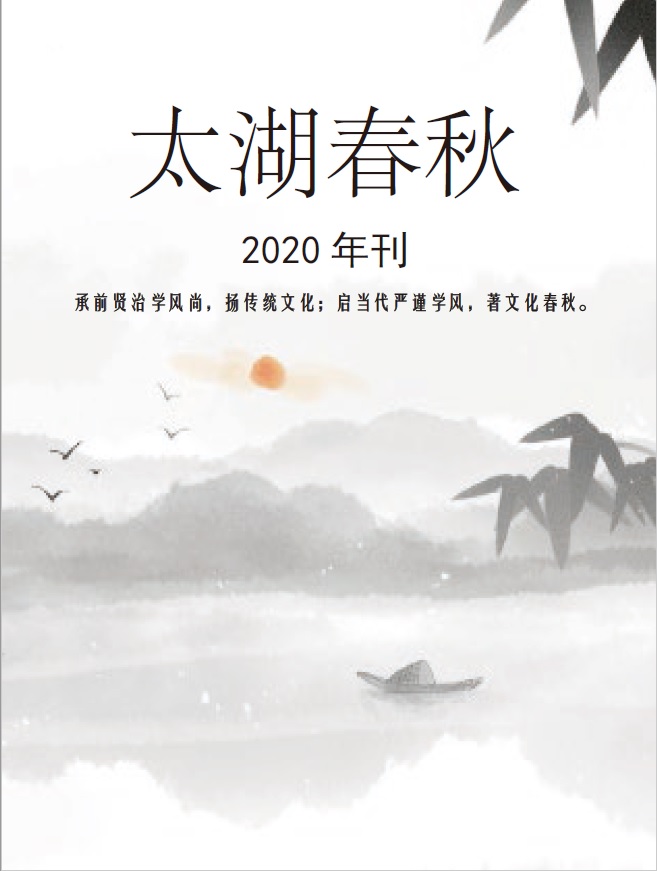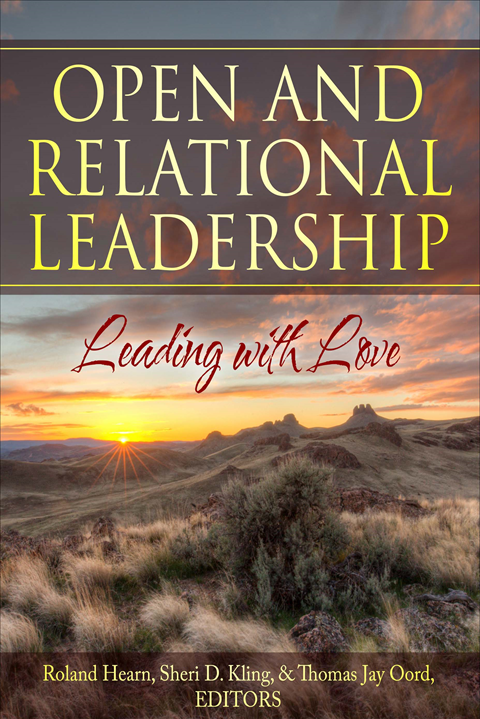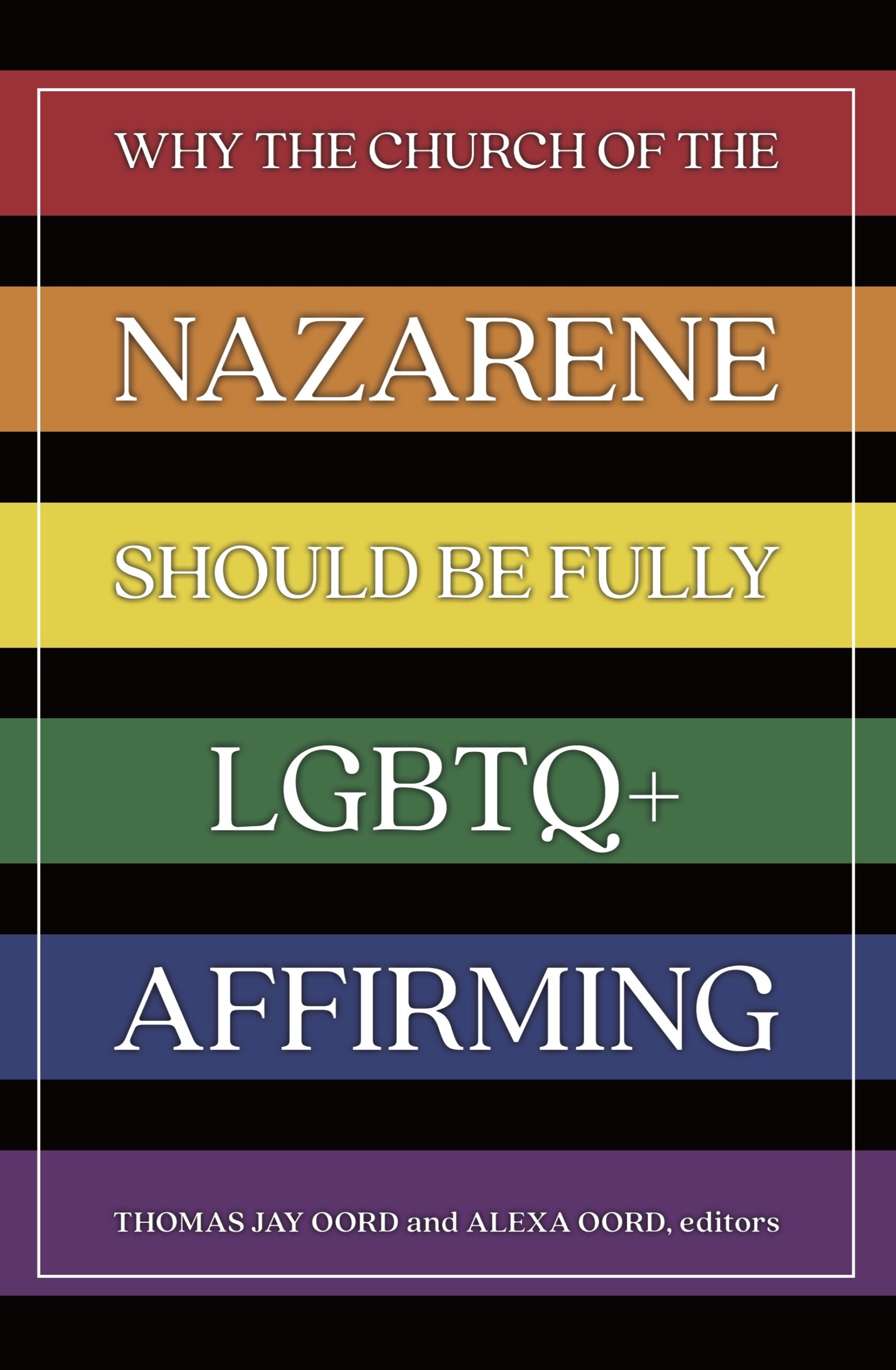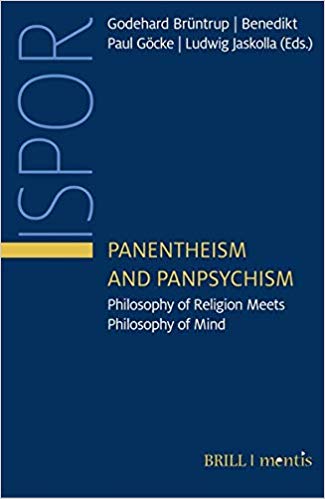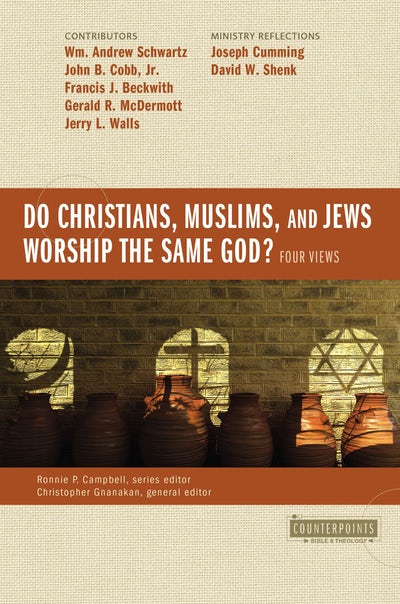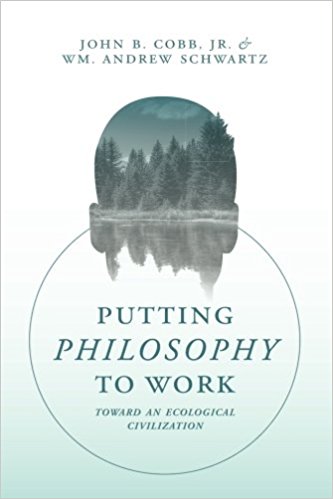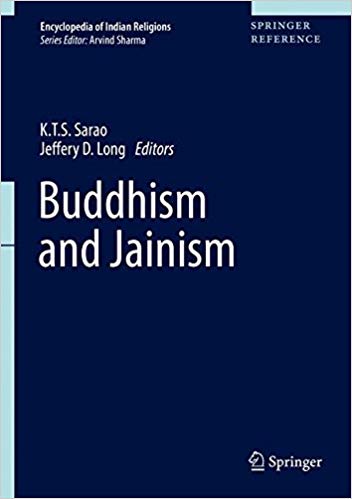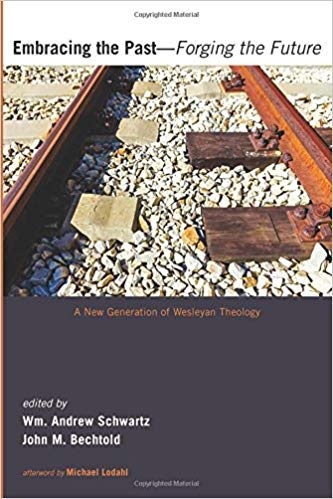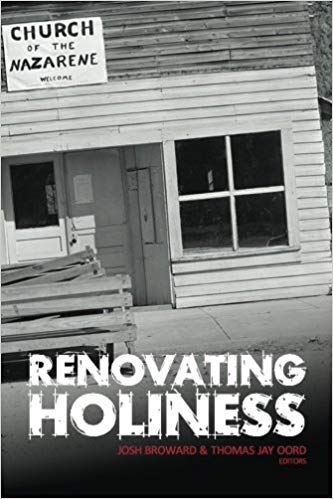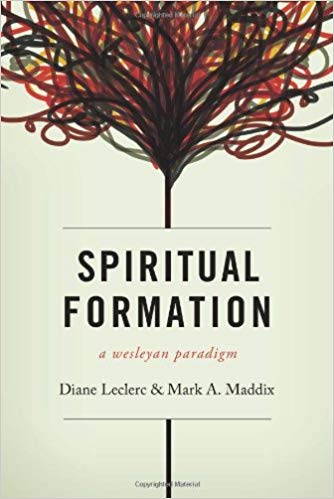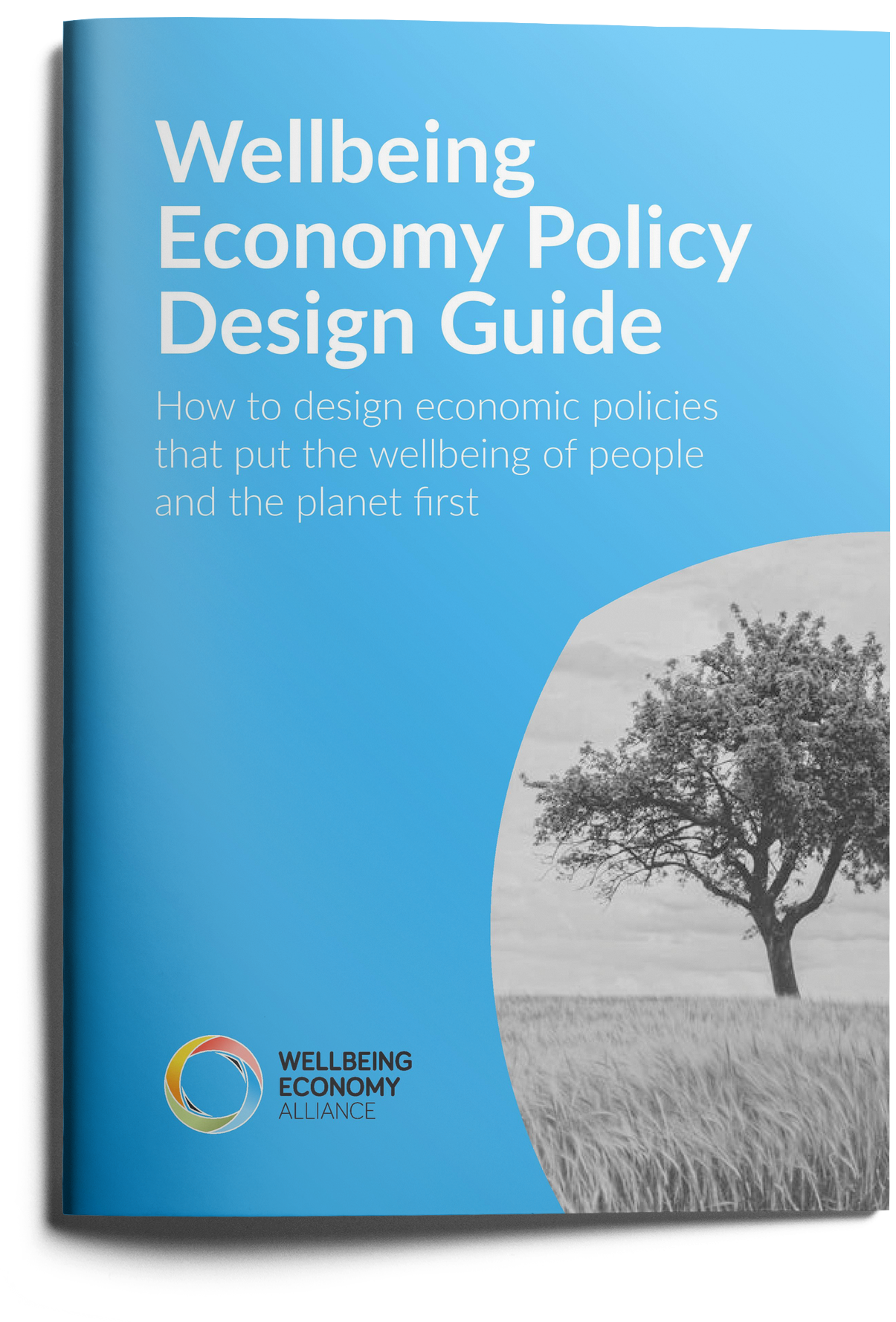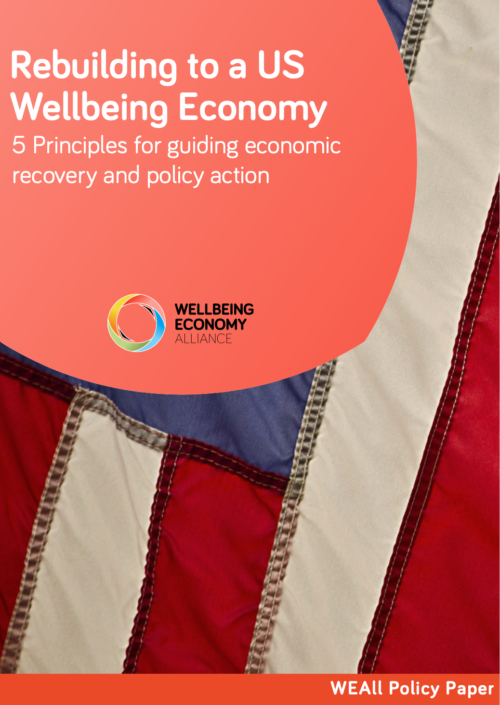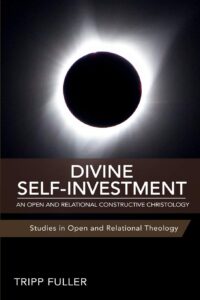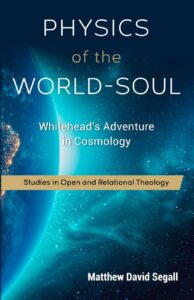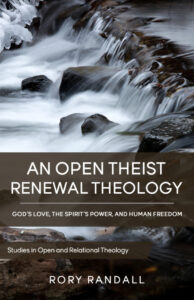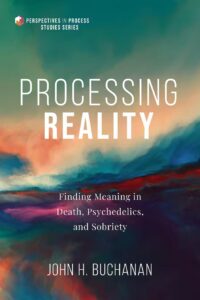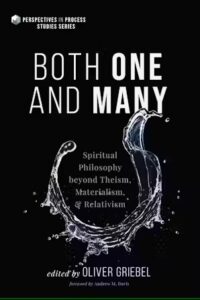BOOKS
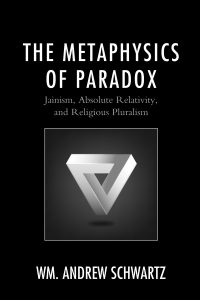 Much of the violence between members of different faith communities is the result of black/white, either/or, binary frameworks. To claim that a religion is true is to imply that another religion is false. Hence, intolerance becomes the preferred mode of engagement for many religious adherents. On the other hand, to collapse into a relativism by which anything goes, undermines one's ability to distinguish between true and false, right and wrong, better and worse, in any universal sense. If society is to overcome intolerance while refusing to justify rape and murder as acceptable, if it is able to move toward a more peaceful and just way of living together, it needs an adequate way to stand between absolutism and relativism--it needs a theory of religious pluralism. Religious pluralism is a means of embracing one's own faith perspective while taking seriously the diverse religious experiences of others--friends, family, and neighbors. Yet, most theories of religious pluralism ultimately maintain this either/or binary framework. An ancient tradition in the pluralistic context of India, Jainism has long been embroiled in the quest of reconciling religious differences. But Jain philosophy transcends these true-false binaries; offering a vision of reality that is inherently paradoxical--even going so far as to paradoxically affirm that some contradictions are true. Could this serve as the foundation for a new kind of religious pluralism? When change occurs at a fundamental level, paradigm shifts result. By exploring the paradoxical structure of pluralistic thinking (as illuminated by both Western and Eastern insights)--calling into question the most fundamental assumptions of religious pluralists--this book hopes to contribute to a paradigm shift in discourse on religious pluralism and conflicting truth claims. This paradigm shift would encourage greater peace and reconciliation between religious peoples around the world.
Much of the violence between members of different faith communities is the result of black/white, either/or, binary frameworks. To claim that a religion is true is to imply that another religion is false. Hence, intolerance becomes the preferred mode of engagement for many religious adherents. On the other hand, to collapse into a relativism by which anything goes, undermines one's ability to distinguish between true and false, right and wrong, better and worse, in any universal sense. If society is to overcome intolerance while refusing to justify rape and murder as acceptable, if it is able to move toward a more peaceful and just way of living together, it needs an adequate way to stand between absolutism and relativism--it needs a theory of religious pluralism. Religious pluralism is a means of embracing one's own faith perspective while taking seriously the diverse religious experiences of others--friends, family, and neighbors. Yet, most theories of religious pluralism ultimately maintain this either/or binary framework. An ancient tradition in the pluralistic context of India, Jainism has long been embroiled in the quest of reconciling religious differences. But Jain philosophy transcends these true-false binaries; offering a vision of reality that is inherently paradoxical--even going so far as to paradoxically affirm that some contradictions are true. Could this serve as the foundation for a new kind of religious pluralism? When change occurs at a fundamental level, paradigm shifts result. By exploring the paradoxical structure of pluralistic thinking (as illuminated by both Western and Eastern insights)--calling into question the most fundamental assumptions of religious pluralists--this book hopes to contribute to a paradigm shift in discourse on religious pluralism and conflicting truth claims. This paradigm shift would encourage greater peace and reconciliation between religious peoples around the world.
Endorsements & Reviews
This book makes two excellent contributions. First, it is a thorough account of the Western discussion of religious pluralism, an important topic that has become quite central to both philosophy of religion and theology. Second, it introduces the thinking of an important Indian tradition, Jainism, to a largely uninformed West. This is not just of general interest, for it turns out that the Jain discussion of this topic for centuries is at least as sophisticated as the current Western tradition. I am glad to say that, in addition to offering a great deal of information about what others think, Schwartz evaluates and becomes thereby a serious participant in the scholarly conversation.
— John B. Cobb, Claremont School of Theology
This is a most valuable and needed book. Wm. Andrew Schwartz tackles one of the most important problems of our time, that of difference in general and religious pluralism in particular, by highlighting the Jain perspective on the ongoing debates around these questions. Not only is this a significant contribution in making better known a relatively neglected voice in contemporary discussions about these themes, but he is also able to show convincingly how the Jain thinking in fact advances these discussions. This is comparative philosophy at its best and all interested parties stand in debt to the author.
— Joseph Prabhu, California State University, Los Angeles
Schwartz advances the conversation about religious pluralism by summarizing primary Christian-centric theorists including Cobb, Hick, and Panikkar, and introducing the Asian perspective on pluralism espoused by the Jains. Rather than relying on normative or pragmatic models, the Jains suggest that grappling with contradiction lies at the heart of philosophical practice. Schwartz argues that the Jains teach absolute relativity, not a relativism. This important and useful paradox suggests that the Jain dialectic of conditional predication mandates a view on life that is simultaneously relational and ethical. Schwartz's book will be excellent for use in upper division and graduate seminars in the philosophy of religion and comparative theology.
— Christopher Key Chapple, Loyola Marymount University
PUTTING PHILOSOPHY TO WORK: TOWARD AN ECOLOGICAL CIVILIZATION
Edited by John B. Cobb, Jr. and Wm. Andrew Schwartz
Process Century Press, 2018
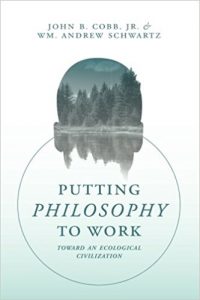 Change your thinking; change the world . . . Philosophy has gotten a bad rap. As an academic discipline, it is mocked as irrelevant to modern society. But bias against philosophy doesn’t mean we don’t have one. We all have a basic worldview. This is as true for whole civilizations as for individuals, a point driven home daily as the dire consequences of the Western worldview—the most urgent being climate change—are now inescapable. But if Western philosophy has brought us to this razor’s edge, would another one be any better? The twelve contributors to this book argue, yes: the process philosophy of Alfred North Whitehead. But what is process philosophy? This book is designed not only to answer the what, but also to demonstrate the how and why—how process philosophy provides a practical answer to so many of the potentially catastrophic issues now facing us, and why it is so urgently needed.
Change your thinking; change the world . . . Philosophy has gotten a bad rap. As an academic discipline, it is mocked as irrelevant to modern society. But bias against philosophy doesn’t mean we don’t have one. We all have a basic worldview. This is as true for whole civilizations as for individuals, a point driven home daily as the dire consequences of the Western worldview—the most urgent being climate change—are now inescapable. But if Western philosophy has brought us to this razor’s edge, would another one be any better? The twelve contributors to this book argue, yes: the process philosophy of Alfred North Whitehead. But what is process philosophy? This book is designed not only to answer the what, but also to demonstrate the how and why—how process philosophy provides a practical answer to so many of the potentially catastrophic issues now facing us, and why it is so urgently needed.
Endorsements & Reviews
"We need every possible discipline engaged in the urgent fight for the planet’s survival—and we desperately need clear thinking that sees a way through our dilemmas. This conference, and the conversations that grew out of it, are remarkably helpful: they move the most important conversation in the world in timely new directions.”
— Bill McKibben, author, The End of Nature
“Putting Philosophy to Work restores philosophy to its essential place in humanity’s search for purpose and direction.
Attributing humanity’s deep crisis to intellectual frameworks that view reality as a purposeless collection of disconnected individual objects, it argues that hope for humans and Earth depends on recognizing creation as a web of relationships among inseparably interdependent subjects evolving toward ever greater beauty and possibility.”
— David Korten, author, Change the Story, Change the Future: A Living Economy for a Living
“John Cobb’s enormous lifetime contribution has been precisely that of Putting Philosophy to Work—especially Whiteheadian philosophy—in theology, science, economics, ecology, and other areas. This volume, edited with Wm. Andrew Schwartz, brings together some key contributions from Cobb, his colleagues, and former students, presented at the important 2015 conference at Claremont “toward an ecological civilization”—that is, a more humble civilization that loves God’s Creation enough to live gratefully within its biophysical and ethical limits.”
— Herman Daly, Emeritus Professor, School of Public Policy, University of Maryland
EMBRACING THE PAST--FORGING THE FUTURE: A NEW GENERATION OF WESLEYAN THEOLOGY
Edited by Wm. Andrew Schwartz and John M. Bechtold
Pickwick Publications, 2015
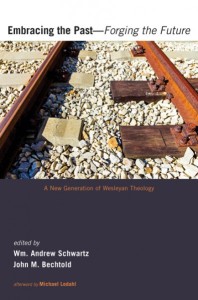 The times they are a-changin'. As such, our theology needs to adapt--to be responsive to the changing landscape. The idea for Embracing the Past--Forging the Future: A New Generation of Wesleyan Theology came from our assessment that Wesleyan theology has yet to fully adapt to this changing landscape, and that the future of Wesleyan theology requires the bringing together of old and new voices. The difficult task of balancing between continuity and change--keeping up with the developments of our culture and staying true to the roots of our tradition--requires the dual focus of looking forward and backward simultaneously. In this volume, we have brought together contributions by young Wesleyan scholars (graduate students and junior faculty) as a way of illustrating and articulating a new generation of Wesleyan theology. These younger voices demonstrate the desire to push Wesleyan theology in new directions. Additionally, we have included contributions from senior scholars who have been doing important work and who have already made significant contributions to Wesleyan theology. This is not simply the "old guard" but the voices of scholars who continue to make a profound impact on Wesleyan theology.
The times they are a-changin'. As such, our theology needs to adapt--to be responsive to the changing landscape. The idea for Embracing the Past--Forging the Future: A New Generation of Wesleyan Theology came from our assessment that Wesleyan theology has yet to fully adapt to this changing landscape, and that the future of Wesleyan theology requires the bringing together of old and new voices. The difficult task of balancing between continuity and change--keeping up with the developments of our culture and staying true to the roots of our tradition--requires the dual focus of looking forward and backward simultaneously. In this volume, we have brought together contributions by young Wesleyan scholars (graduate students and junior faculty) as a way of illustrating and articulating a new generation of Wesleyan theology. These younger voices demonstrate the desire to push Wesleyan theology in new directions. Additionally, we have included contributions from senior scholars who have been doing important work and who have already made significant contributions to Wesleyan theology. This is not simply the "old guard" but the voices of scholars who continue to make a profound impact on Wesleyan theology.
Endorsements & Reviews
"This is an indispensable source for anyone interested in the future of the Methodist tradition . . . It deserves a close reading by all who have a stake in the future of the tradition, most especially by those who would argue for a very different way forward . . . This volume lays down a marker for the uniqueness of Methodism and the need to sharpen its identity in the light of recent cultural developments."
— William J. Abraham, Outler Professor of Wesley Studies, Perkins School of Theology, Southern Methodist University
"These are exciting days for Wesleyan theology, and these essays testify well to the winsomeness of the Wesleyan way. Exploring what is 'post,' 'past,' or 'plural,' these young scholars (and a few seasoned voices too) express the breadth and depth of what this tradition's theological vision now offers the contemporary world."
— Thomas Jay Oord, coeditor of Postmodern and Wesleyan? and author of The Uncontrolling Love of God
"Every Christian tradition that seeks to be viable for the twenty-first century will have to do what these younger Wesleyan theologians attempt in this volume: embrace their past while forging a plausible future. Wesleyans will argue with each other about the proposals herein, but that is precisely why books like these are necessary and how traditions are forged."
— Amos Yong, Professor of Theology and Mission, Fuller Theological Seminary
"If the future of Wesleyan theology rests in the hands of bright and creative young scholars like those who edited and contribute to this volume, then Wesleyanism has a very bright future."
— Mark H. Mann, Director, Wesleyan Center, Point Loma Press, Honors Program, Point Loma Nazarene University
CHAPTERS IN BOOKS
“Jain Foundation for a Healthy Democracy,” in Applications of Anekantavada: Jain Pluralism. Edited by Shugan C. Jain and Preeti Rani Jain (Motilal Banarsidass Publishing House, 2025).
"Four Fatal Flaws of Amipotence," in Amipotence: Support and Criticism Vol 1 (SacraSage 2024)
"Beyond Binaries: Varieties of Nondualism in Process Thought," in Nondualism: An Interreligious Exploration. Edited by Jon Paul Sydnor and Anthony J. Watson (Lexington Books 2023).
"Who Would Jesus Exclude?," in Why the Church of the Nazarene Should be Fully LGBTQ+ Affirming (SacraSage 2023).
“A Universe of Subjects: Process Cosmology and Deep Ecology,” in Process Cosmology. Edited by Andrew Schwartz, Andrew M. Davis, and Maria-Teresa Teixeira (Palgrave Macmillan, 2022).
“A Shortcut on the Jain Path of Liberation: Aparigraha as Ahimsā in Process Philosophy,” in Nature in Process: Organic Proposals in Philosophy, Society, and Religion. Edited by Wm. Andrew Schwartz, Andrew M. Davis, and Maria Teresa Teixeira (Process Century Press, 2022).
“Can Constructive Postmodernism Save the World?: Whitehead’s Philosophy of Nature and Ecological Civilization,” in《怀特海自然哲学初探》A Preliminary Exploration of Whitehead’s Natural Philosophy. Translated by Fubin Yang and published in Mandarin (2021)
“Alternative Paradigms to Overcome Fragmented Thinking: Towards Process Thinking and Systems Thinking,” in Taihe 2020 Forum 太湖春秋 2020 年刊, translated into Mandarin by Ke Jinhua (Wang Yuecheng, 2020).
"Seven Tips for Becoming a Better Leader: An Open-Relational Perspective," in Open and Relational Leadership: Leading with Love. Edited by Sheri Kling, Roland Hearn, Thomas Oord (SacraSage Press, 2020).
“Panentheism and Panexperientialism for Open and Relational Theology,” Co-Authored with Thomas Jay Oord, in Panentheism and Panpsychism: Philosophy of Religion Meets Philosophy of Mind, Godehard Brüntrup, Benedikt Paul Göcke, and Ludwig Jaskolla, eds., (Brill, 2020).
“All Worship the Same God: Religious Pluralist View,” Co-Authored with John B. Cobb, Jr., in Do Christians, Muslims, and Jews Worship the Same God?: Four Views, edited by Ronnie Campbell and Christopher Gnanakan (Zondervan, 2019).
“Philosophy is Not Just for Philosophers: Freeing Philosophy from Philosophy for the Sake of the Planet,” in Putting Philosophy to Work: Toward an Ecological Civilization, edited by John B. Cobb, Jr. and Wm. Andrew Schwartz (Process Century Press, 2018).
“Anekāntavāda (Jainism).” In Buddhism and Jainism, edited by K.T.S. Sarao and Jeffery D. Long. The Encyclopedia of Indian Religions, series edited by Arvind Sharma (Springer, 2017), pgs 118-123.
“Relativity (Jainism).” In Buddhism and Jainism, edited by K.T.S. Sarao and Jeffery D. Long. The Encyclopedia of Indian Religions, series edited by Arvind Sharma (Springer, 2017), pgs 1005-1011.
“Syādvāda (Jainism).” In Buddhism and Jainism, edited by K.T.S. Sarao and Jeffery D. Long. The Encyclopedia of Indian Religions, series edited by Arvind Sharma (Springer, 2017), pgs 1162-1167.
“Truth (Jainism).” In Buddhism and Jainism, edited by K.T.S. Sarao and Jeffery D. Long. The Encyclopedia of Indian Religions, series edited by Arvind Sharma (Springer, 2017).
“Comparative Theology: Wesleyan Theology in a Pluralistic Context,” in Embracing the Past—Forging the Future: A New Generation of Wesleyan Theology, edited by Wm. Andrew Schwartz and John Bechtold (Pickwick, 2015), pgs 70-82.
“Social Holiness as Embracing Difference,” in Renovating Holiness, edited by Thomas Jay Oord and Josh Broward (SacraSage, 2015), pgs 453-457.
"Dialoguing as Transformation: Formation Through Encounters with ‘The Other’." Chapter 14 in Spiritual Formation: A Wesleyan Paradigm, edited by Mark Maddix and Diane Leclerc (Beacon Hill Press, 2011), pgs 147-157.
ARTICLES
“Process Thought, Education, and the Environmental Crisis: A Tribute to John B. Cobb, Jr.,” co-authored with John Becker, in Buddhist Christian-Studies, Vol 42 (2022), 53-67.
“Open and Relational Panentheism,” co-authored with Thomas Jay Oord, in Modern Believing Vol 43, No 2 (2022), 134-140.
“Covid-19 is a Civilization Crisis: A Perspective of Ecological Civilization,” in World Eco-Philosophy Vol.1,Tianjin People’s Press, 2021, pp. 156-163.
"Philosophical Roots of the Ecological Crisis: The Process-Relational Worldview and Integral Ecology," (Berkley Forum, 2020)
"Fixing the Hole in the Boat: The Radical Vision of Ecological Civilization," Open Horizons (December 2018)
“How 'Truth' Limits Interreligious Dialogue: What Wesleyan's Might Learn from Buddhism,” in
Wesleyan Theological Journal, Vol. 48 No. 1 (Spring 2013)
“The Spiritual Formation of a Nazarene Interfaith Activist,” in The Interfaith Observer (Nov. 2012)
“Epistemic Justification and Religious Truth Claims: Heim’s More Pluralistic Hypothesis,” in Claremont Journal of Religion, Vol. 1 No. 1 (January 2012): 54-69.
OTHER
BOOK SERIES EDITOR
Studies in Open and Relational Theologies (SacraSage Press)
The Studies in Open and Relational Theologies series promotes academic research and discourse on open, relational, and process perspectives in theology and religion (including those of open theism, process theology, neoclassical, and other relational and personalist traditions). This series is devoted to constructive and critical studies, especially those involving theological and philosophical speculation about the nature of Ultimates, freedom, power, relationality, evil, love, religious belonging, and more. Learn More
Perspectives in Process Studies (Cascade Books)
The goal of this book series is to make accessible big ideas that are too often marginalized. By “big ideas” I mean ambitious, comprehensive, and fundamental questions about life, truth, meaning, and more. From cosmology and metaphysics, to ecology, psychology, religion, and beyond, the Perspectives in Process Studies series has been developed to engage a wide range of topics from a process-relational lens, harmonizing fragmented disciplinary thinking in order to develop integrated and holistic modes of understanding. Learn More
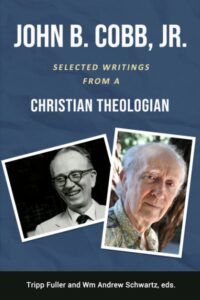
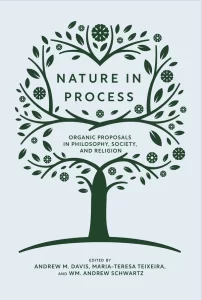
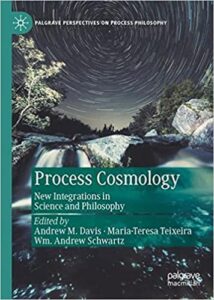
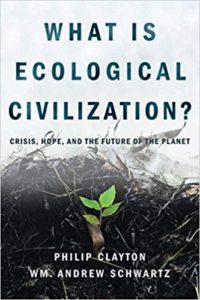 The present trajectory of life on this planet is unsustainable, and the underlying causes of our environmental crisis are inseparable from our social and economic systems. The massive inequality between the rich and the poor is not separate from our systems of unlimited growth, the depletion of natural resources, the extinction of species, or global warming. As climate predictions continue to exceed projections, it is clear that hopelessness is rapidly becoming our worst enemy. What is needed—urgently—is a new vision for the flourishing of life on this planet, a vision the authors are calling an ecological civilization. Along the way they have learned that this term brings hope unlike any other. It reminds us that humans have gone through many civilizations in the past, and the end of a particular civilization does not necessarily mean the end of humanity, much less the end of all life on the planet. It is not hard for us to conceive of a society after the fall of modernity, in which humans live in an equitable and sustainable way with one another and the planet. This book explores the idea of ecological civilization by asking eight key questions about it and drawing answers from relational philosophies, the ecological sciences, systems thinking and network theory, and the world’s religious and spiritual traditions. It concludes that a genuinely ecological civilization is not a utopian ideal, but a practical way to live. To recognize this, and to begin to take steps to establish it, is the foundation for realistic hope.
The present trajectory of life on this planet is unsustainable, and the underlying causes of our environmental crisis are inseparable from our social and economic systems. The massive inequality between the rich and the poor is not separate from our systems of unlimited growth, the depletion of natural resources, the extinction of species, or global warming. As climate predictions continue to exceed projections, it is clear that hopelessness is rapidly becoming our worst enemy. What is needed—urgently—is a new vision for the flourishing of life on this planet, a vision the authors are calling an ecological civilization. Along the way they have learned that this term brings hope unlike any other. It reminds us that humans have gone through many civilizations in the past, and the end of a particular civilization does not necessarily mean the end of humanity, much less the end of all life on the planet. It is not hard for us to conceive of a society after the fall of modernity, in which humans live in an equitable and sustainable way with one another and the planet. This book explores the idea of ecological civilization by asking eight key questions about it and drawing answers from relational philosophies, the ecological sciences, systems thinking and network theory, and the world’s religious and spiritual traditions. It concludes that a genuinely ecological civilization is not a utopian ideal, but a practical way to live. To recognize this, and to begin to take steps to establish it, is the foundation for realistic hope.